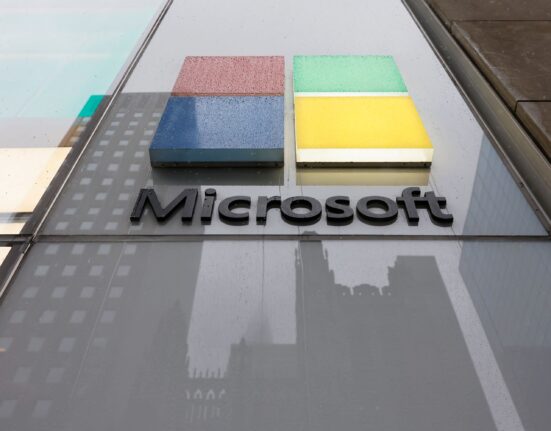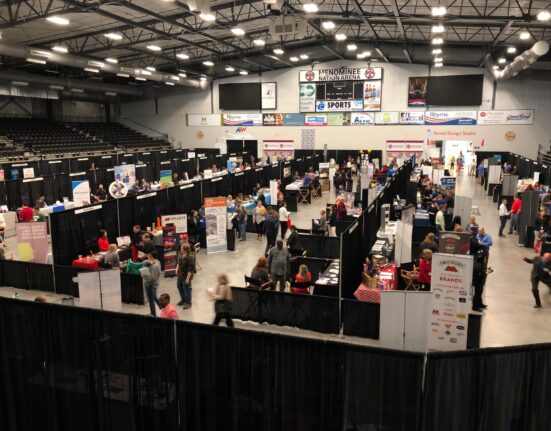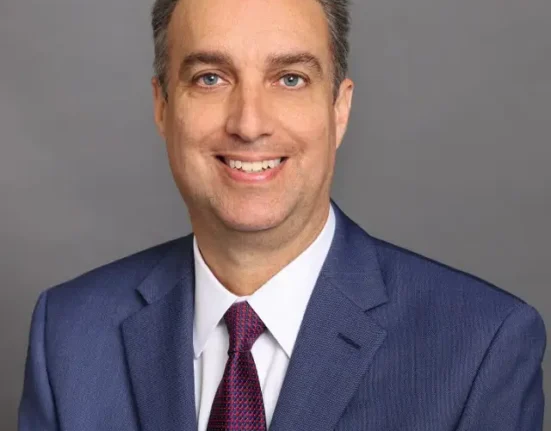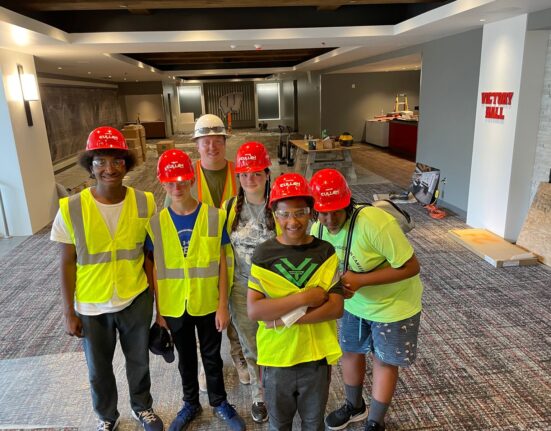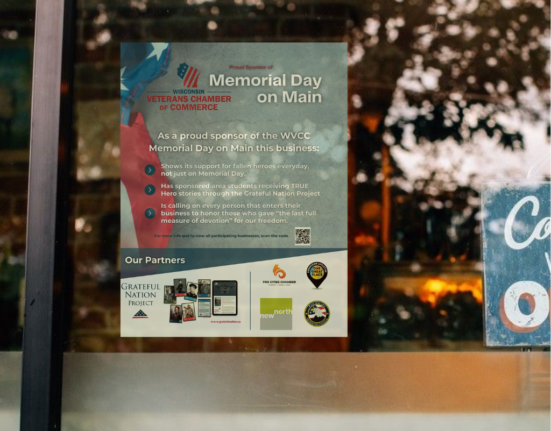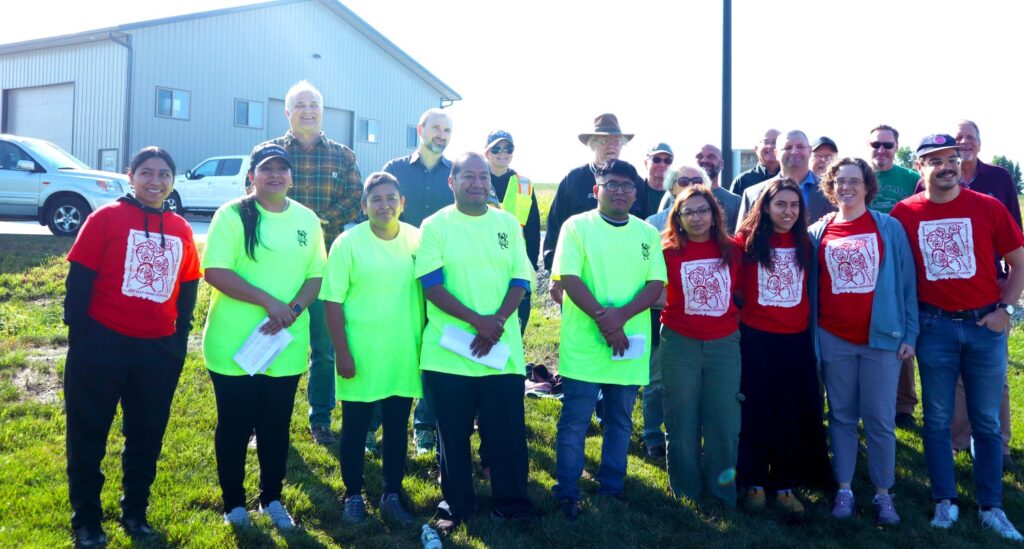
A group of employees who say they were punished for exercising their protected right to collectively bargain demand one thing — justice.
A group of former employees held a conference today to push their former employer, Jeremy Kruk, owner of the former Crushin’ It Apparel, to make good on orders from the National Labor Relations Board (NLRB). The workers, union representation and advocacy groups organized in front of Kruk’s new business, Thunder Bay in Columbus, Wis., to pressure the owner to return their jobs and pay them owed wages.
“We’re here today to hold Jeremy Kruk, owner of Crushin it Apparel, now Thunder Bay, to account,” said Rebecca Meier-Rao, executive director of Worker Justice Wisconsin, an organization that advocates especially for immigrant workers. “Last August, eight employees of Crushin’ It Apparel, a few of them right here, handed in a petition asking Kruk, the owner, for safer and cleaner working conditions. He immediately retaliated by firing them — all of them.”
A year ago, employees picketed over deplorable workplace conditions, which they say included dangerous equipment, a poorly ventilated work environment, and untimely pay. Their boss, Kruk, instead opted to fire them. The employees were rehired, due to being illegally fired, only to be fired again after voting to join a union a month later. Now, after legal proceedings have been involved, the employees are demanding their unpaid wages and their jobs back.
In November 2022, the workers voted to unionize under the International Union of Painters and Allied Trades 7 Local 770 (IUPAT), after which they were fired. Worker Justice Wisconsin and IUPAT filed over 20 unfair labor practice charges with the NLRB due to Kruk’s refusal to bargain in good faith and continued retaliation against the employees for their organizing efforts.
On June 29, 2023, the NLRB issued their decision in the unfair labor practices ruling in favor of the workers. The NLRB required Kruk cease and desist from impeding worker’s protected organizing activities, fully reinstate the eight employees he fired last September within 14 days of the NLRB decision, pay the eight employees for any loss of earnings, benefits and any other financial harm incurred by the unlawful firing and bargain in good faith with the union.
Kruk instead opted to shut down Crushin’ It Apparel and reopen under the new name Thunder Bay in a new location to continue his operation and avoid the ruling, according to the employees, the union and Worker Justice Wisconsin.
In early July, the Wisconsin Department of Workforce Development (DWD) ruled that Kruk owed his workers $8,230.71 in unpaid wages. He was ordered by the department to pay the employees their wages by July 20. Kruk is yet to pay them.
One former employee, Leonel Aguilar, is owed $1,230.84 in unpaid wages.
“In the time I worked at Crushin’ It, I saw and experienced unsafe working conditions and lack of payment from receiving bounced checks. This caused conflicts because we had trouble meeting our financial needs when we did receive payment, but the employer did not seem to care,” Aguilar said. “We were illegally fired twice for organizing. To this day we continue to be without pay.”
Aguilar is just one of several employees representing the group seeking retribution from Kruk’s actions. Workers David Tecutal and Doricela Beltrán voiced their grievances on the issues and pleaded for Kruk to negotiate with the union and follow through on orders from the NLRB.
Adam Gifford, the representative for the employees now represented by IUPAT, called Kruk’s actions in reopening under a new name “a thinly veiled ruse” to avoid the legal consequences for his actions. Gifford reprimanded Kruk for treating the employees, who are all immigrants, as “commodities.”
Kruk did not return calls and messages from Blueprint365 to comment on the press conference or decisions from the NLRB or DWD.
It is unclear as to what Kruk’s next actions will be or if he will follow through on the decisions to pay his employees, reinstate them and bargain with the union.

